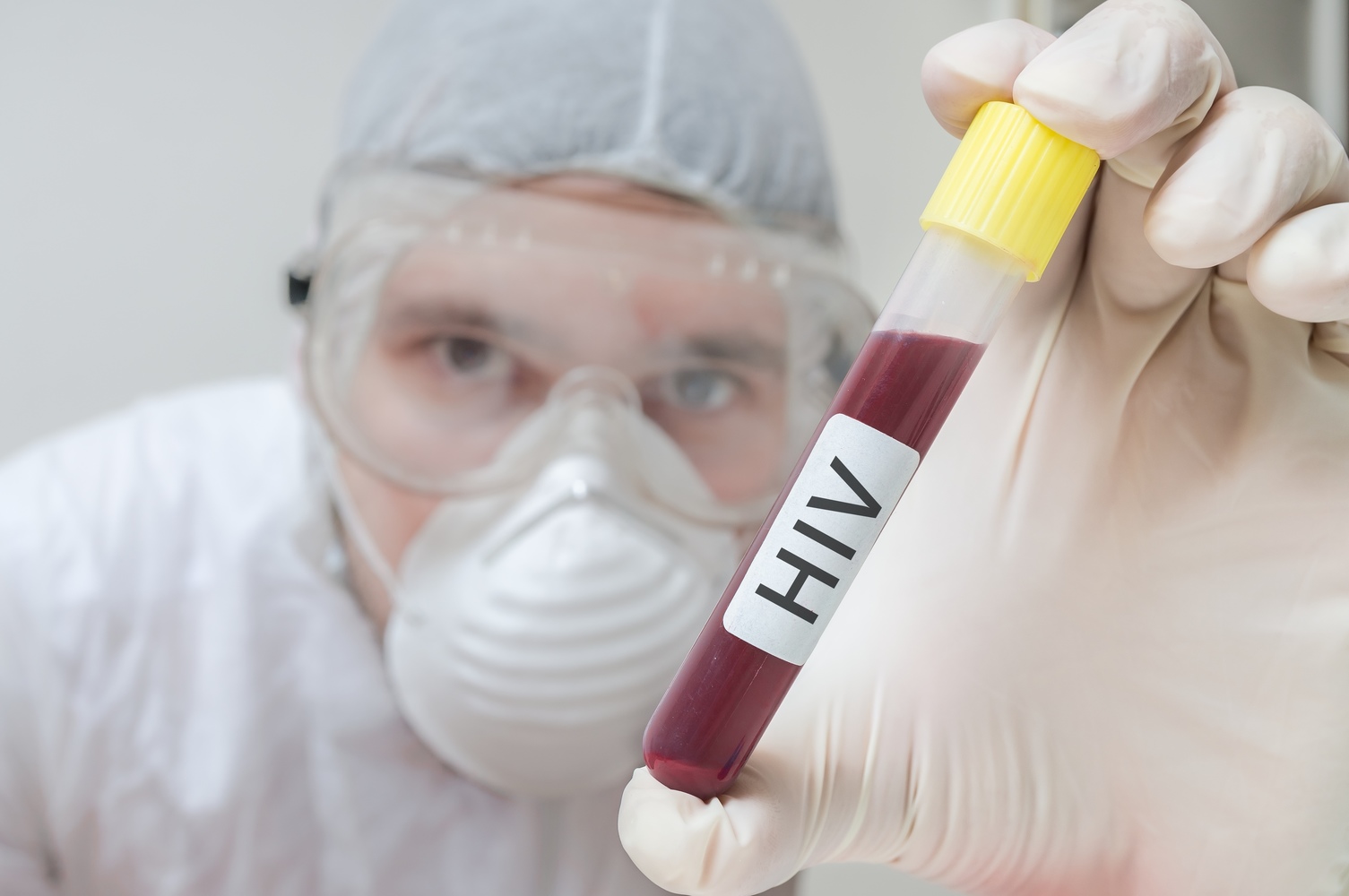
Primary Symptoms of HIV
HIV viruses affect the immune systems, specifically CD4 cells. These CD4 body cells are essential as they offer protection to the body from disease. Dissimilar to other viruses which the body immune systems can fight, HIV is not eliminated by an immune system. The symptoms of HIV vs. AIDs vary significantly from person to person. No people positive with HIV experience the same symptom. However, the symptoms are common and in general patterns:
1. Fever
Fever is usually the first symptom of HIV. Mild symptoms habitually accompany the heat. At such points, the viruses are moving into the bloodstream. The virus begins to replicate and in large numbers within a short period. As replication goes on, your immune system induces inflammatory reactions.
2. Fatigue and mild headaches
The inflammatory responses generated by the besieged immune systems can make you feel weary and lethargic. Occasionally it could make one feel breathless while walking and generally feel a shortness of breath. Fatigue may be an early warning symptom of HIV or later symptoms.
3. Achy joints or muscles, and swollen lymph nodes
A lymph node is part of the body’s immune system. Lymph nodes protect blood by fighting off bacteria or viruses. The nodes are inflamed in case of an infection. Mostly, lymph nodes are found in your armpits, groins and neck. This may result in aches or pains in the areas.
4. Skin rash
Skin rashes occur early or late in the course of HIV vs. AIDS seroconversion. In other cases, the rashes may appear like boils with an itchy, pink breakout.
5. Nausea, diarrhea as well as vomiting
Many people undergo digestive problems as a symptom of an early stage of HIV. Nevertheless, nausea, vomiting or diarrhea may also appear in the later stages of this infection. Mostly the signs are due to results of opportunistic infections. Therefore, it’s essential that you stay hydrated all the time. Diarrhea, which is chronic and doesn’t respond to usual therapies, could be an indication of the infection of HIV.
6. Dry cough with a sore throat
Severe, dry cough, which may last for several weeks or even months with no signs of resolving, are typical symptoms of HIV patients. Furthermore, if the cough is persistent even with antibiotics and an inhaler, it could be a better indication.
7. Sweating at night
Many infected people get night sweats. This occurs mostly during the early stages of HIV infection. Sweating could even be a better symptom of HIV infection in case it’s not related to exercises or room temperatures.
8. Mouth sores
Mouth sores are among the most common symptoms of HIV. In fact, research shows that between 32 to 46 percent of HIV positive people develop mouth problems due to weakened immune systems. The mouth sores interfere with the patient’s well-being. In this case of HIV, the wounds or the infection are difficult to treat. The itchy sores also impede with eating or medication.
With the vast arrays of symptoms and signs, HIV testing turns out to be vital. This will ensure that proper diagnosis is done. In case you suspect you have contracted HIV or involved in active sex with a casual sex partner, it’s necessary to be tested. Testing should be done as soon as possible regardless of whether one is showing any sign or symptoms of having HIV or not.



